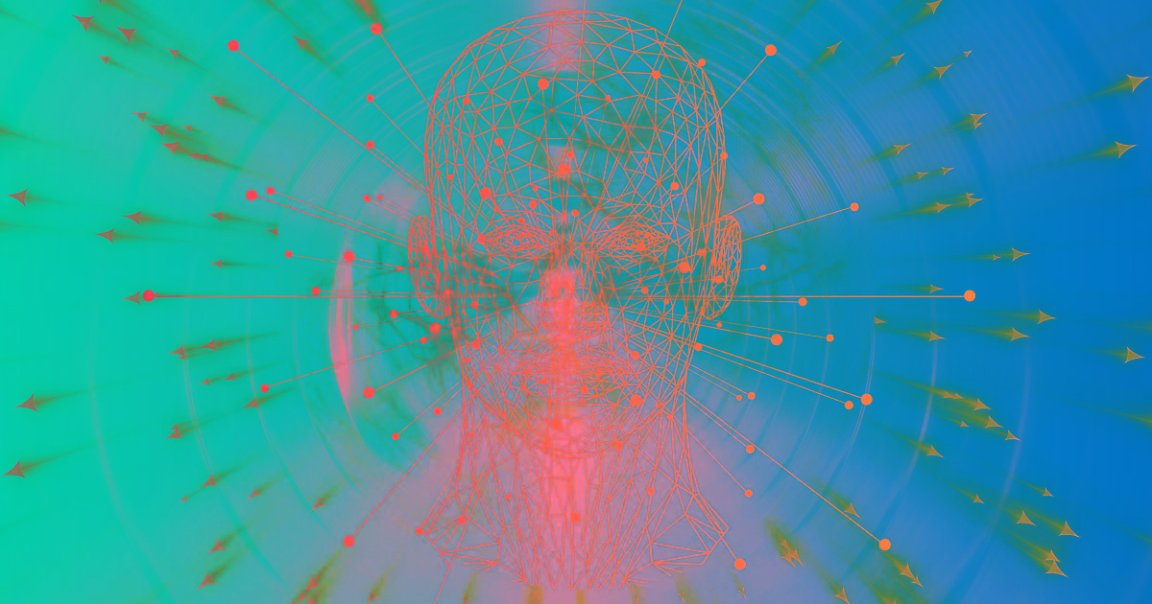
Reality Check
One of the most unusual speculations in the realm of science and tech is that the universe itself isn’t real.
Simulation theory, or the notion that our entire perceived reality is a virtual creation of some sophisticated alien — or future human — society, has a lot of support among big names like SpaceX CEO Elon Musk, Oxford philosopher Nick Bostrom, and most recently a bunch of kids on TikTok.
But the idea is almost certainly nonsense, mathematician Jonathan Bartlett, director of a STEM research non-profit called The Blythe Institute, told Mind Matters News. Simulation theory, he argues, relies on faulty logic — meaning it’s more likely that we are in fact living in reality.
Stacking Turtles
To make his point, Bartlett considers the technology required to simulate physical reality in a virtual environment.
“I can make a model of atoms moving around, but it actually requires entire computers, which are all made of trillions of atoms, to make that simulation,” Bartlett told Mind Matter News. “And so you actually wind up with a space problem that you can’t simulate as much as you have reality. And so even if you could make a perfect simulation of reality, it would have to be a smaller reality than what you’re simulating it with.”
Logical Challenge
That becomes a problem for simulation theory’s argument that if any advanced civilization learns to simulate reality, we’d be more likely than not to live in a simulation because the simulated entities would eventually learn to do the same and create a string of simulations all the way down.
“There’s kind of a faulty logic that goes to why a lot of people think we live in a simulation,” Bartlett told Mind Matter News.
READ MORE: Jonathan Bartlett on Why We Do Not Live in a Simulated Universe [Mind Matters News]
More on simulation theory: Kids on TikTok Are Convinced We’re Living in a Simulation